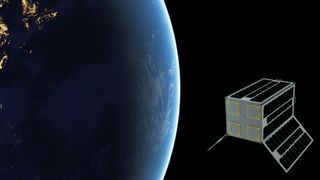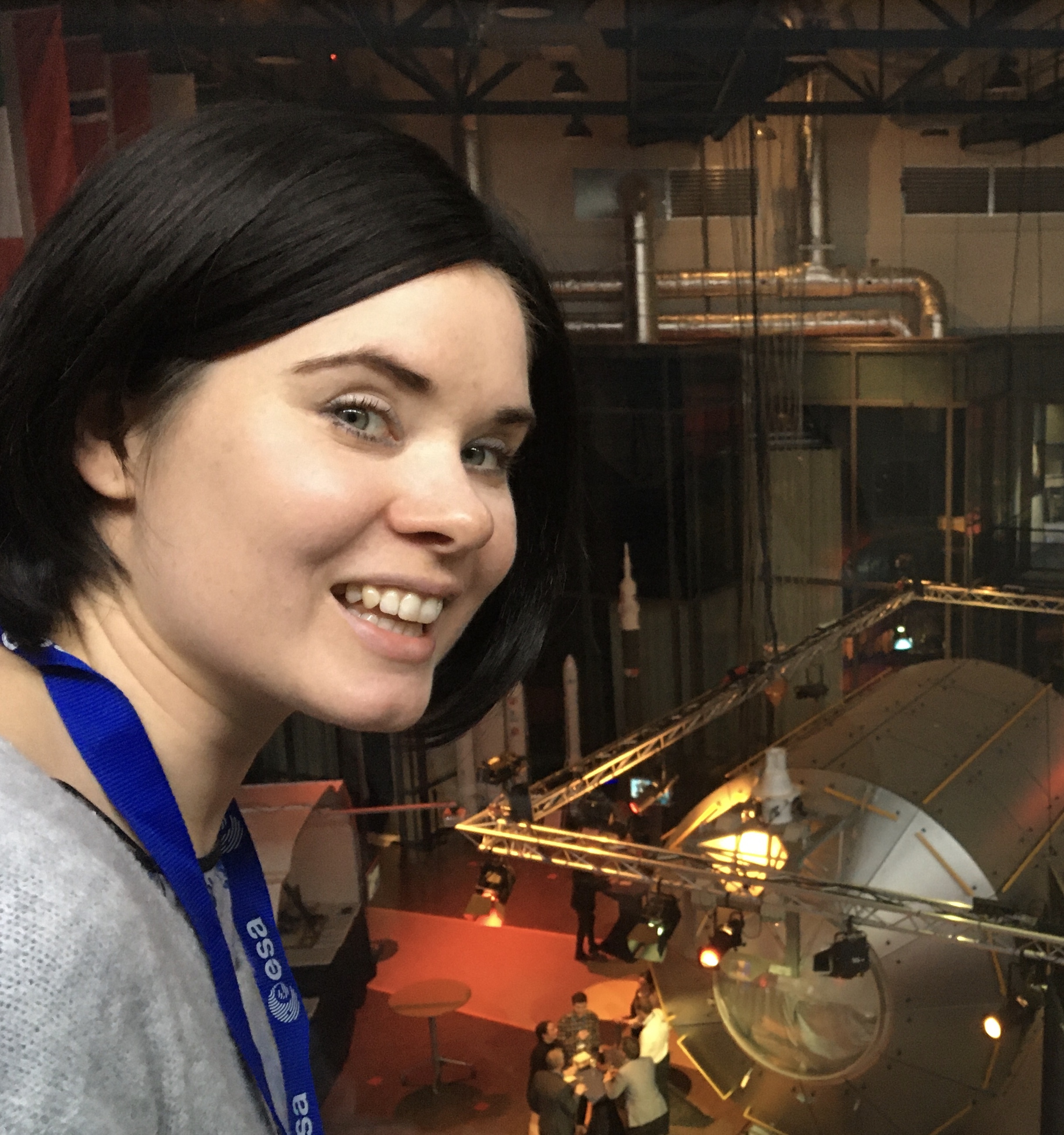Private space mission to study how solar flares kill exoplanet life
The mission, called Mauve, will be launched in 2024.

A private space mission will study how solar flares generated by nearby stars can affect habitability of exoplanets in their orbit.
The mission, called Mauve, will be launched in 2024 by the private company Blue Skies Space, which is also developing a commercial exoplanet-watching satellite called Twinkle.
Mauve will carry an ultraviolet spectrometer and a 6-inch (15-centimeter) telescope to observe the activity of stars close to the sun. Stars such as the sun commonly expel huge amounts of energized particles in the form of coronal mass ejections and generate powerful flashes of light known as solar flares. These phenomena influence the environment around the stars, battering nearby planets with powerful solar winds that can eat away at the planets' atmospheres and sterilize their surfaces.
Related: James Webb Space Telescope snags its 1st direct photo of an alien world
Astronomers will be able to buy Mauve data to study how the activity of stars affects the habitability of planets in their orbits.
"Mauve will be transformational in helping us understand the flaring behavior of a population of nearby stars, most of which are even more active than our sun," Giovanna Tinetti, a professor of astrophysics at University College London and a chief scientist at Blue Skies Space, said in a statement. "By monitoring other stars hosting planets, we will also better understand the behavior of our own star, the sun, and its potential impact on Earth."
The construction of the satellite, scheduled to launch in 2024, will begin in November, the U.K.-headquartered Blue Skies Space said in the statement. The spacecraft and its instruments will be built in partnership with Hungarian manufacturer C3S LLC and ISISPACE Group in the Netherlands.
Get the Space.com Newsletter
Breaking space news, the latest updates on rocket launches, skywatching events and more!
"Mauve will open a new opportunity for astronomy and planetary research and generate greater access to stellar [ultraviolet] data which is currently very sparse," Italian Astronomer Giuseppina Micela from the INAF Observatory of Palermo, who advised the team on the science, said in the statement.
Blue Skies Space's CEO Marcell Tessenyi added: "I am very excited about the cutting-edge science enabled by Mauve and the close collaboration between UK and European partners to build it, enabled by the funding support of the European Commission."
Follow Tereza Pultrova on Twitter @TerezaPultarova. Follow us on Twitter @Spacedotcom and on Facebook.
Join our Space Forums to keep talking space on the latest missions, night sky and more! And if you have a news tip, correction or comment, let us know at: community@space.com.

Tereza is a London-based science and technology journalist, aspiring fiction writer and amateur gymnast. Originally from Prague, the Czech Republic, she spent the first seven years of her career working as a reporter, script-writer and presenter for various TV programmes of the Czech Public Service Television. She later took a career break to pursue further education and added a Master's in Science from the International Space University, France, to her Bachelor's in Journalism and Master's in Cultural Anthropology from Prague's Charles University. She worked as a reporter at the Engineering and Technology magazine, freelanced for a range of publications including Live Science, Space.com, Professional Engineering, Via Satellite and Space News and served as a maternity cover science editor at the European Space Agency.
